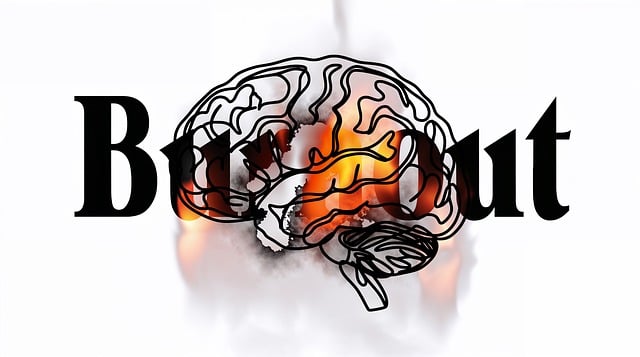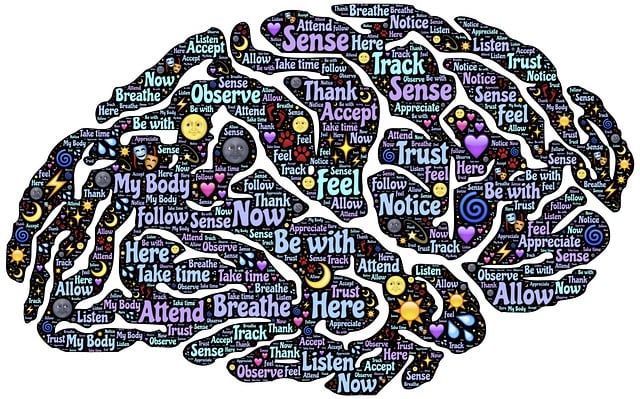Risk management is vital in therapy for young adults, addressing unique challenges like bariatric evaluations alongside social media addiction and identity formation struggles. Mental health professionals must proactively assess risks, from privacy concerns to co-occurring disorders, through informed consent, crisis intervention, and cultural competency training. By cultivating self-awareness and tailored strategies, therapists create supportive environments fostering resilience and healthy coping mechanisms for young adults seeking bariatric evaluations or other therapy forms.
In the dynamic field of mental health, effective risk management is paramount. This article explores essential strategies tailored for professionals engaging in therapy for young adults and bariatric evaluations. By delving into these specialized areas, we identify unique risks and offer a comprehensive guide to developing robust risk management plans. From understanding the nuances of risk assessment to creating proactive mitigation strategies, this resource equips practitioners with tools to ensure optimal patient care and enhance therapeutic outcomes.
- Understanding Risk Management in Mental Health Practice
- Identifying Risks Specific to Young Adult Therapy and Bariatric Evaluations
- Developing a Comprehensive Risk Management Plan for Optimal Patient Care
Understanding Risk Management in Mental Health Practice

Risk management is an integral aspect of mental health practice that ensures safe and effective care for patients, particularly young adults undergoing therapy. In the dynamic field of mental healthcare, professionals must navigate complex situations, from managing client expectations to dealing with potential risks during treatment. Effective risk management involves a proactive approach to anticipate, assess, and mitigate these risks.
For mental health professionals, this includes considering various factors such as privacy and confidentiality, informed consent, crisis intervention, and cultural competency training for healthcare providers. By incorporating self-awareness exercises and staying attuned to the evolving needs of their patients—including those seeking bariatric evaluations—mental wellness practitioners can foster a supportive environment that promotes positive outcomes.
Identifying Risks Specific to Young Adult Therapy and Bariatric Evaluations

Mental health professionals often face unique challenges when treating young adults and individuals undergoing bariatric evaluations. These populations present specific risks and considerations that require tailored risk management planning. For therapy focusing on young adults, emerging issues like social media addiction, academic pressures, and identity formation can contribute to heightened stress levels and mental health concerns. Understanding the impact of these factors is crucial for developing effective intervention strategies.
When evaluating individuals for bariatric treatments, professionals must be vigilant about co-occurring disorders such as depression and eating disorders. The complex interplay between physical health, body image, and mental well-being demands a nuanced approach. Incorporating cultural sensitivity in mental healthcare practice is essential to address the diverse needs of this demographic. Compassion cultivation practices can also mitigate risks by fostering supportive environments that promote resilience and healthy coping mechanisms, thereby enhancing depression prevention efforts.
Developing a Comprehensive Risk Management Plan for Optimal Patient Care

In the realm of mental health care, particularly when catering to young adults, a comprehensive risk management plan is an indispensable tool for therapists and professionals. This strategy involves meticulously assessing various risks associated with patient populations, such as those seeking therapy for specific challenges unique to their age group. For instance, bariatric evaluations pose distinct considerations due to the sensitive nature of dietary and health habits. Effective risk management ensures that mental wellness coaching programs are not just developed but also delivered in a safe, supportive environment.
By integrating communication strategies and emotional intelligence, professionals can create robust plans tailored to individual patient needs. This proactive approach not only enhances the quality of therapy for young adults but also fosters a deeper connection between therapist and client. Moreover, regular review and update of risk management protocols are essential, especially as new challenges and best practices emerge in mental wellness coaching programs development.
Mental health professionals must proactively manage risks to provide optimal care, especially in therapeutic settings involving young adults and bariatric evaluations. By identifying specific risks within these niches, practitioners can develop comprehensive risk management plans that enhance patient safety and outcomes. This strategic approach ensures a more secure environment for vulnerable populations, fostering effective therapy for young adults and responsible bariatric assessments.











